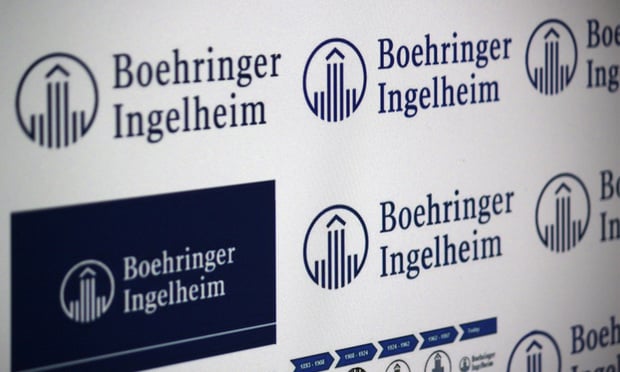Theranos Inc.’s Chief Executive Officer Elizabeth Holmes was bannedfor two years from owning or operating laboratories by U.S.regulators, a major blow against the controversial blood-testingstartup that’s come under scrutiny for risking patient harm withunreliable tests.
|Related: Walgreens ditches Theranos
|The once high-flying Silicon Valley company was also penalizedfor an undisclosed amount and lost its eligibility to get paymentsfrom federal health insurance programs for lab services, accordingto a statement late Thursday from Theranos, citing a notice itreceived from the Centers for Medicare and Medicaid Services. Theclosely-held firm is shutting down its Newark, California, lab andplans to rebuild it, Holmes said.
|The sanctions follow an inspection of the lab by federal healthregulators that found failures so severe as to jeopardizepatients’ health. In May, Theranos said it was canceling oraltering tens of thousands of results, including two years ofresults on some of the company’s proprietary machines. Last month,Democrats in the U.S. House of Representatives sent a letter to Theranos asking for moreinformation about the company’s problems.
|Related: Insured are willing to get routine bloodtests
|The federal health regulator’s sanctions against the lab don’ttake effect for 60 days. The company is ending any patient testingin the Newark lab for now, but will continue to provide servicesthrough its Arizona facility while it works with CMS to “resolveand remediate” outstanding issues during the period, Theranos saidin the statement.
|The sanctions follow a stunning fall from grace for the company,which at one time commanded a $9 billion private valuation. Holmeshad been profiled as a wunderkind after dropping out of StanfordUniversity to found Theranos, with promises to revolutionize theblood-testing industry -- dominated by Quest Diagnostics Inc. andLaboratory Corp of America Holdings -- with cheap, less-painfultests that used only a finger-prick of blood and could be run onwhat the company had said were its breakthrough analyzers.
|Jeopardizing patients
Regulators have had doubts for some time. In January, CMS sentTheranos a scathing letter detailing deficiencies at its Newark labthat the department said was putting patients’ health and safety in“immediate jeopardy.”
|Soon after, Theranos told the agency that there was “no evidenceof systemic errors” at its lab and that “no patient impact isexpected.” In March, the agency said the company hadn’t backed upthose claims and threatened fines and potentially sanctioningcompany executives from working in the industry for as long as twoyears.
|In recent months, as Theranos has faced questions over whetherits technology worked, it has said that it stopped using its owndevices and is submitting individual tests for FDA approval. Threeclass action lawsuits have been filed against the company, claimingconsumer fraud and false advertising.
|Copyright 2018 Bloomberg. All rightsreserved. This material may not be published, broadcast, rewritten,or redistributed.
Complete your profile to continue reading and get FREE access to BenefitsPRO, part of your ALM digital membership.
Your access to unlimited BenefitsPRO content isn’t changing.
Once you are an ALM digital member, you’ll receive:
- Critical BenefitsPRO information including cutting edge post-reform success strategies, access to educational webcasts and videos, resources from industry leaders, and informative Newsletters.
- Exclusive discounts on ALM, BenefitsPRO magazine and BenefitsPRO.com events
- Access to other award-winning ALM websites including ThinkAdvisor.com and Law.com
Already have an account? Sign In
© 2024 ALM Global, LLC, All Rights Reserved. Request academic re-use from www.copyright.com. All other uses, submit a request to [email protected]. For more information visit Asset & Logo Licensing.








